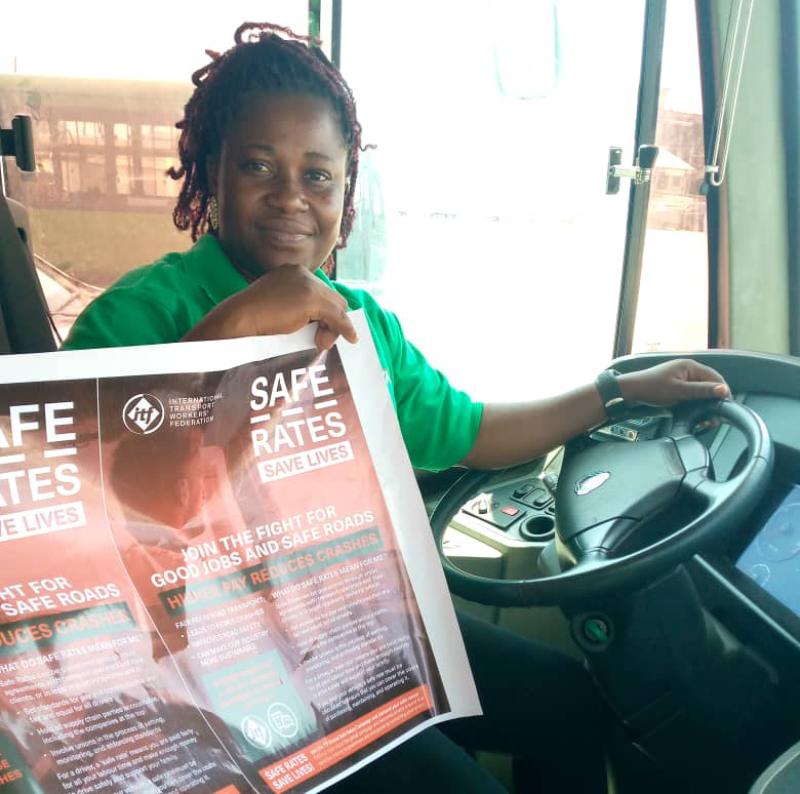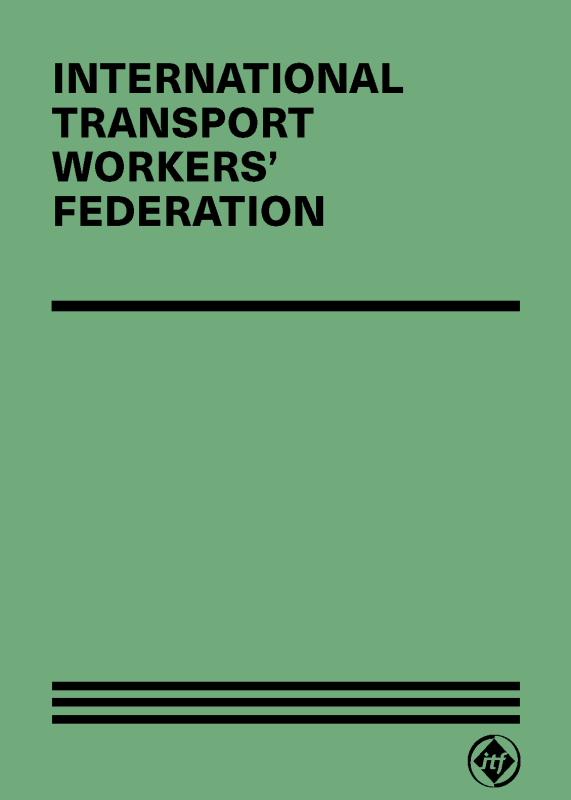Fair pay for road transport workers leads to fewer crashes, improves road safety, and is essential in making the industry more sustainable. Various studies have found that 1 percent higher pay can reduce truck driver crashes from between 1 to 3 percent.
Research shows that drivers voluntarily reduce working time if they are paid enough to feed their families and pay their bills. This is also the case when workers are remunerated for non-driving time such as loading and unloading time, time stuck at border crossings and time waiting in traffic.
Everyday new research is helping unions and policy makers understand the structural problems in our industry and the positive impact of Safe Rates systems. The ITF Safe Rates Experts Network brings together renowned scholars and researchers globally to share analysis and support trade unions in their campaigns.
For more information fill out the contact form or email saferates@itf.org.uk
RESEARCH AND ANALYSIS
ITF 5-country study: Commercial Pressures, Working Conditions, and Safety Risks in the Road Transport Industry
This research provides a global view of working conditions and safety risks in the road transport industry, using case studies from five countries (Australia, Brazil, India, Kenya, and South Korea).
Each study describes industry structure, road safety indicators, regulatory environment, and the working conditions and health and safety of road transport workers in the country in question and provides policy recommendations for achieving decent work, road safety and industry sustainability.


